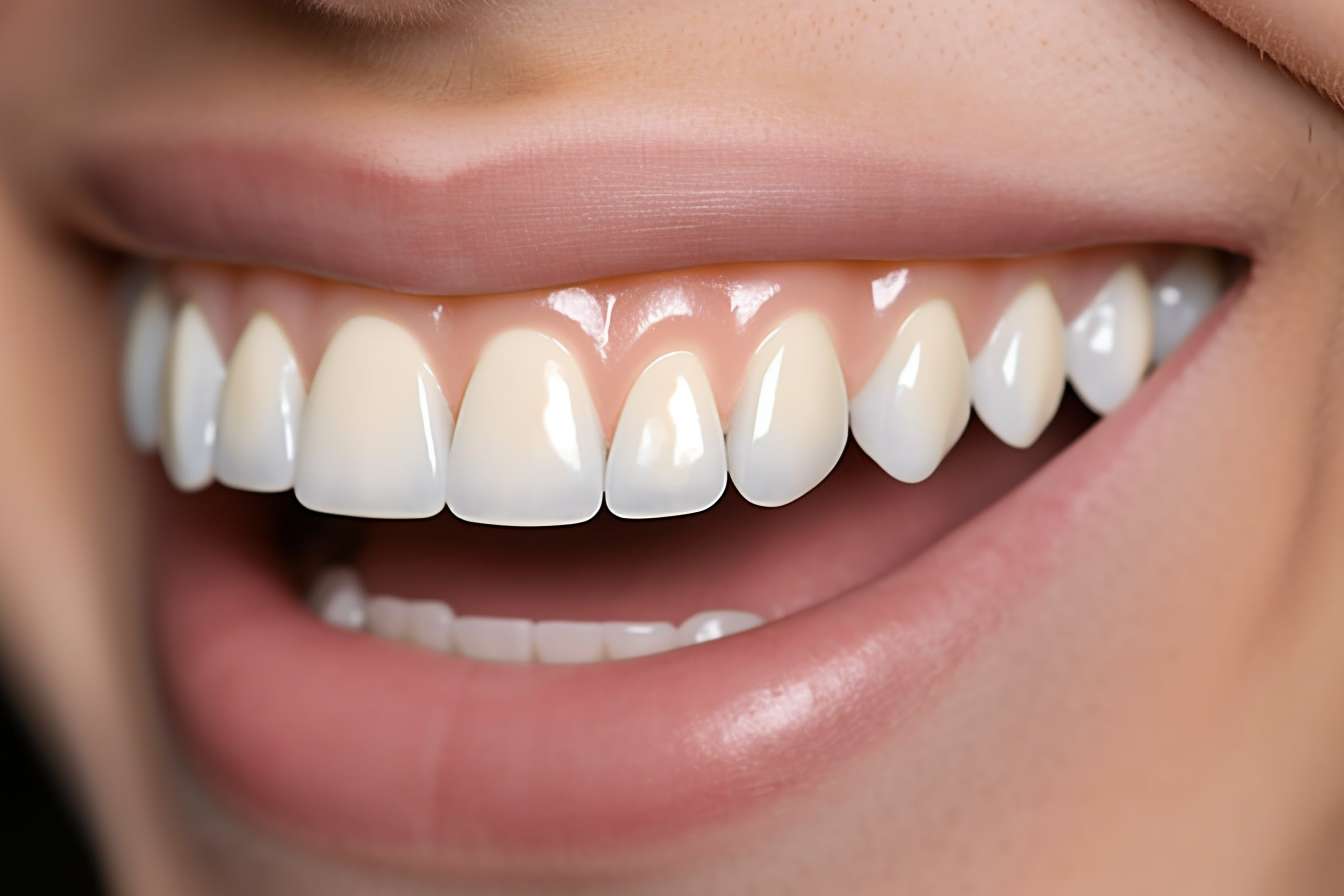Erectile Dysfunction Treatment: Exploring Clinical Trials and Innovative Solutions
Navigating treatment options for erectile dysfunction can be a challenging journey, and for many, traditional medications don’t provide the desired results. Beyond standard treatments, a world of innovative solutions is being explored through clinical research. This article delves into the various medical and lifestyle approaches available for managing erectile dysfunction while also highlighting the unique opportunity to participate in clinical trials in Australia. Discover how these trials are advancing medical science and potentially offering access to new, effective treatments.

What Are Current Erectile Dysfunction Treatments?
Understanding current erectile dysfunction treatments begins with recognising the established therapeutic options available through Australian healthcare providers. The most commonly prescribed medications include PDE5 inhibitors such as sildenafil, tadalafil, and vardenafil, which work by increasing blood flow to the penis. These oral medications have proven effective for approximately 70% of men with erectile dysfunction.
Beyond pharmaceutical interventions, healthcare professionals may recommend vacuum erection devices, penile injections, or intraurethral suppositories. For severe cases, surgical options including penile implants may be considered. Lifestyle modifications such as regular exercise, weight management, smoking cessation, and stress reduction also play crucial roles in treatment success. However, when these conventional approaches fall short, clinical trials offer pathways to explore cutting-edge alternatives.
How Does Clinical Trial Science Work?
The science behind clinical trials follows rigorous protocols designed to evaluate new treatments safely and effectively. In Australia, clinical trials must receive approval from ethics committees and the Therapeutic Goods Administration before commencing. These studies typically progress through multiple phases, beginning with small safety studies and advancing to larger efficacy trials comparing new treatments against existing standards.
For erectile dysfunction research, trials may investigate novel medications, medical devices, gene therapies, or innovative surgical techniques. Researchers collect detailed data on treatment effectiveness, side effects, and patient quality of life measures. This scientific approach ensures that only treatments demonstrating clear benefits and acceptable safety profiles eventually reach the broader Australian healthcare system.
What Benefits Come From Clinical Trial Participation?
Benefits of participating in a clinical trial extend beyond potential access to innovative treatments. Participants receive comprehensive medical monitoring from specialised healthcare teams, often including more frequent check-ups and detailed health assessments than standard care provides. This enhanced medical attention can lead to better overall health outcomes and earlier detection of other health issues.
Trial participants also contribute to advancing medical knowledge that benefits future patients with erectile dysfunction. Many participants report feeling empowered by actively engaging in their healthcare journey and potentially helping develop treatments that could improve countless lives. Additionally, clinical trials typically provide study medications and related medical care at no cost to participants, though this varies by study design.
How Can You Qualify for Erectile Dysfunction Trials?
How to qualify for erectile dysfunction trials depends on specific study requirements, which vary considerably between different research projects. Generally, participants must be adult males diagnosed with erectile dysfunction who meet certain medical criteria. Common requirements include having tried conventional treatments without satisfactory results, being in stable relationships, and having no serious underlying health conditions that could interfere with study participation.
Potential participants undergo comprehensive medical evaluations including physical examinations, blood tests, and detailed medical history reviews. Some trials focus on specific populations, such as men with diabetes-related erectile dysfunction or those who have undergone prostate surgery. Exclusion criteria typically include severe cardiovascular disease, certain medications, or psychological conditions that might affect study outcomes.
What New ED Treatments Are Being Developed?
Exploring new and emerging ED treatments reveals exciting possibilities for men who haven’t found success with traditional therapies. Researchers are investigating regenerative medicine approaches including stem cell therapy and platelet-rich plasma injections to restore natural erectile function. Gene therapy trials are examining ways to enhance blood vessel function and nerve regeneration in penile tissues.
Novel drug delivery systems, such as topical gels and nasal sprays, aim to provide faster onset and fewer side effects compared to oral medications. Some studies explore combination therapies that target multiple aspects of erectile dysfunction simultaneously. Additionally, advanced medical devices including low-intensity shock wave therapy and innovative vacuum systems are showing promising results in early-stage trials.
Clinical trials across Australia continue advancing our understanding of erectile dysfunction while offering hope for improved treatment options. These research opportunities provide pathways for men seeking alternatives to conventional therapies while contributing to medical progress that benefits entire communities.
Conclusion
Clinical trials represent a valuable frontier in erectile dysfunction treatment, offering both immediate opportunities for participants and long-term benefits for the broader Australian community. While traditional treatments remain effective for many men, ongoing research continues expanding the therapeutic landscape. For those considering clinical trial participation, consultation with healthcare providers can help determine whether research studies align with individual health needs and treatment goals. As medical science advances through rigorous clinical research, the future holds promise for more effective, personalised approaches to managing erectile dysfunction.
This article is for informational purposes only and should not be considered medical advice. Please consult a qualified healthcare professional for personalised guidance and treatment.





